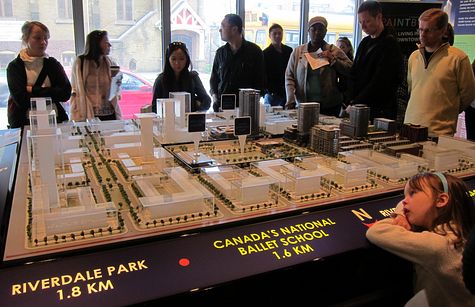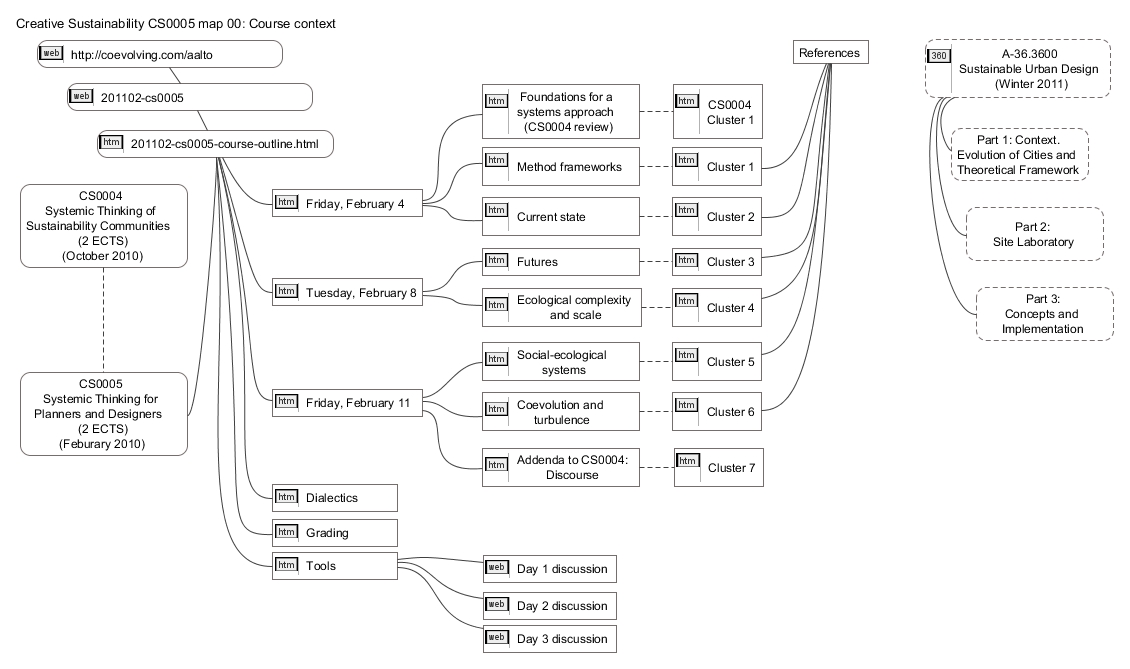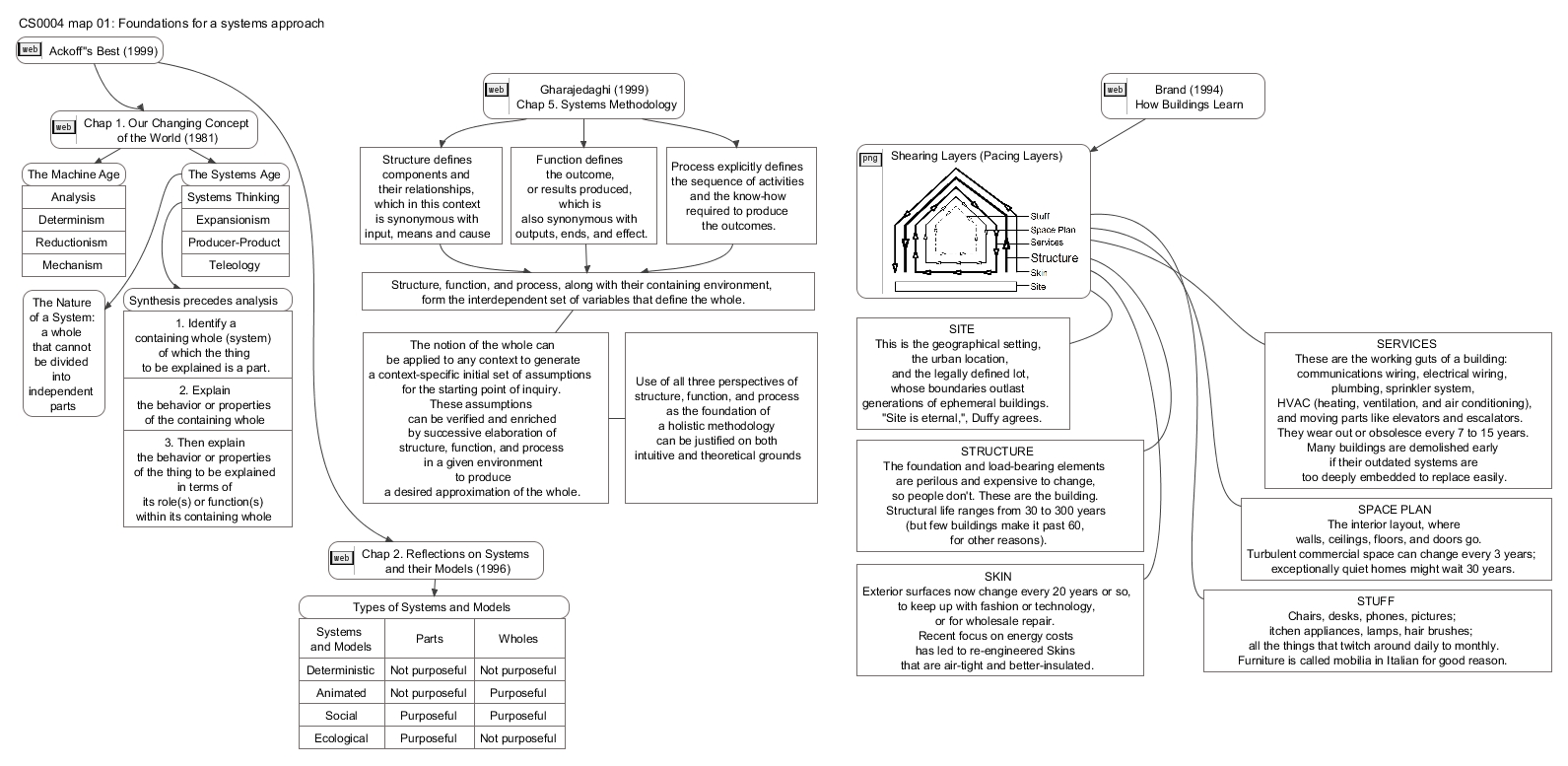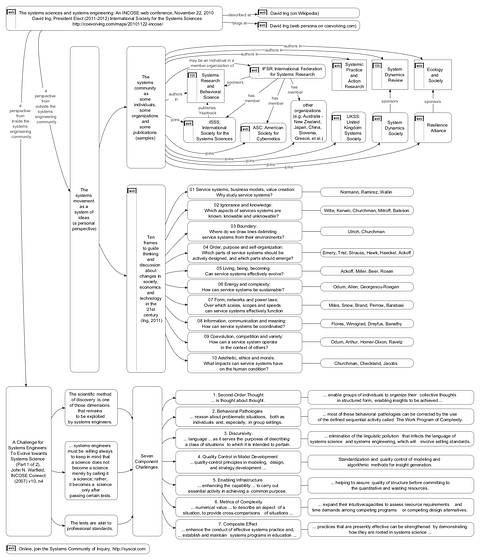How do systems — systems sciences, systems thinking, systems practice — fit into the way that individuals and social groups behave? The connections between the development of general systems theory and interdisciplinary work stretches back into the mid-20th century. In the Science of Synthesis, Debora Hammond traced the history of researchers bridging over disciplinary boundaries.
Early in the fall of 1954, four of the distinguished CASBS [Center for Advanced Studies in the Behavioral Sciences] fellows — Bertalanffy, Boulding, Gerard, and Rapoport — sat together at lunch discussing their mutual interest in theoretical frameworks relevant to the study of different kinds of systems, including physical, technological, biological, social, and symbolic systems. According to Boulding, someone suggested they form a society to foster interdisciplinary research on a general theory of complex systems, and thus the idea for the Society for General Systems Research (SGSR) was born. [Hammond 2003, p. 9]
Initiated by a grant from the Ford Foundation in 1954, the Center for Advanced Study in the Behavioral Sciences continues today, having joined Stanford University in 2008. The luminaries founding the Society for General Systems Research — Ludwig von Bertalanffy, Kenneth Boulding, Ralph Gerard and Anatol Rapoport — continue to be held in high regard today, in the International Society for the Systems Sciences (as the society was renamed in 1998).
The CASBS ties surfaced during the research leading to the report “John Bowlby – Rediscovering a systems scientist“, authored by Gary Metcalf. … Read more (in a new tab)







